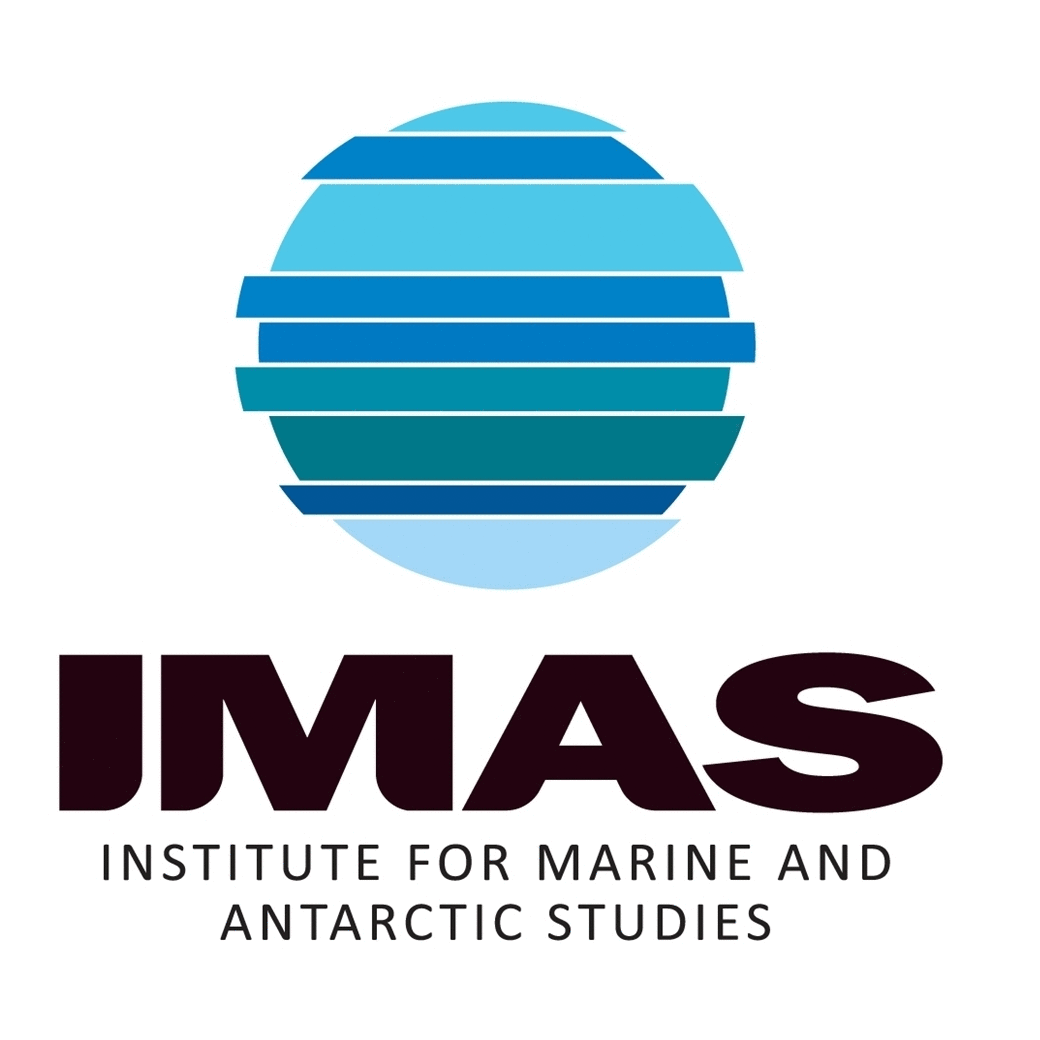OCEAN CONTAMINANTS
Type of resources
Topics
Keywords
Contact for the resource
Provided by
Years
-

This record provides an overview of the NESP Marine and Coastal Hub scoping study - "Research needs for assessment and monitoring of nutrients, chemicals and antimicrobials in the marine environment". No data outputs were generated by this project. -------------------- Water quality can be impacted by a large suite of chemical and microbiological contaminants introduced from a variety of sources. There are a number of emerging contaminants and broad ranges of point sources, including a variety of chemical (e.g. heavy metals, pharmaceuticals, pesticides, nutrients) and microbiological (e.g. pathogens, antibiotic resistant microbes) contaminants that are discharged in sewage, stormwater, estuarine flows and industrial wastes. This project will involve a desktop scoping study to collate relevant datasets and current water quality monitoring goals and activities; engage with key stakeholders through workshops, interviews, and surveys to further define priorities; and conduct a risk assessment to assess impacts to marine and coastal water quality. This project will deliver a clear framework for highlighting knowledge gaps, future research directions and water quality management priorities. Outputs • Final technical report with analysed data, including survey outcomes and a short summary of recommendations for policy makers of key findings [written] ---no data outputs were generated by this project---
-

This record provides an overview of the NESP Marine and Coastal Hub small-scale study - "Microplastics in South Eastern Australian coastal waters: synthesising current data and identifying key knowledge gaps for the management of plastic pollution". For specific data outputs from this project, please see child records associated with this metadata. -------------------- Plastic pollution is pervasive in coastal environments globally and in Australia. Due to their small size, microplastics (pieces <5mm) are readily ingested by marine organisms and potentially accumulate across food webs, raising concerns for biota, ecosystem services and human health. Yet, to define guidelines and support policy actions that curb microplastic pollution, managers and decision-makers lack clear, synthesised information on this multifaceted issue, including on occurrence, sources, and pathways of microplastics in coastal and marine environments. This project produces a synthesis of current data on microplastics in South Eastern Australian coastal waters (i.e. South Australia, Victoria and New South Wales) and identify key knowledge gaps for the management of plastic pollution. Outputs • List of compiled datasets relating to microplastics in SE Aus waters [spatial dataset] • Scoping document synthesising the information available on the presence of microplastics in coastal marine environments in South Eastern Australia, its potential sources and pathways [written]
 IMAS Metadata Catalogue
IMAS Metadata Catalogue